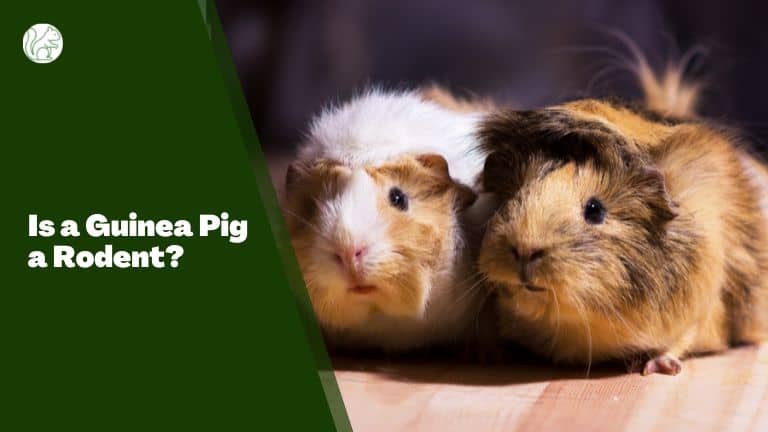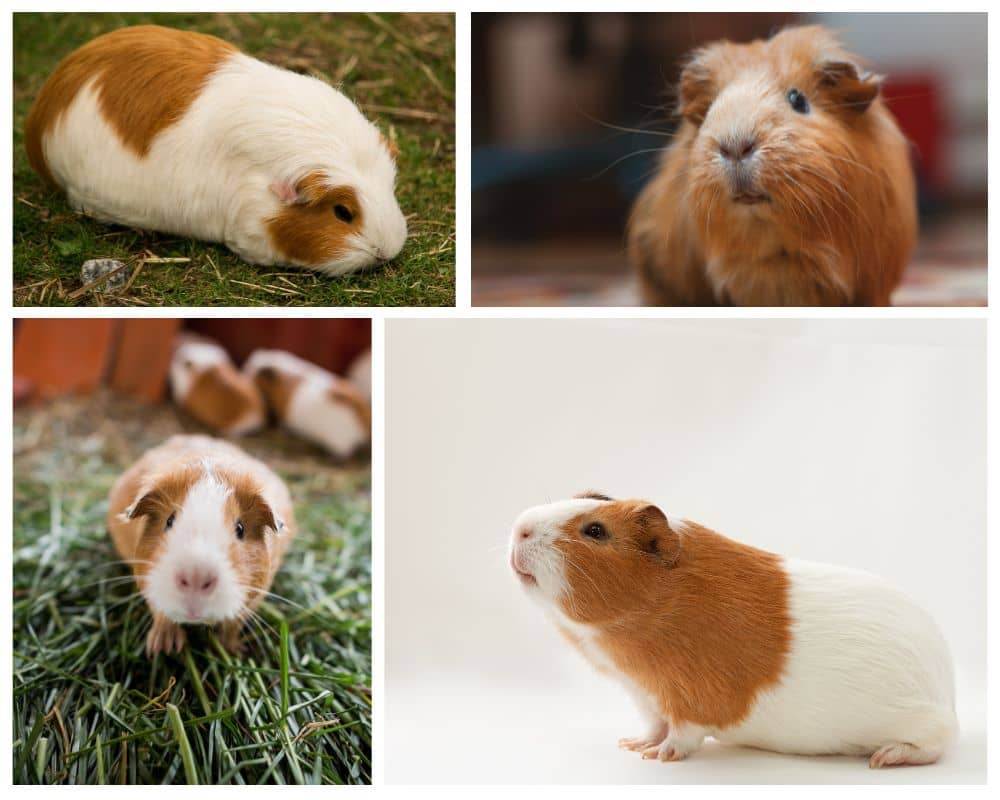First of all, let’s cut the story short- there’s nothing in the name! Yes, Guinea Pigs are not from Guinea and definitely not pigs. Some say roasted guinea pig meat tastes like suckling pigs. And some mention that these animals’ ships from Guinea were used to carry them to the European market.
Rest assured- they are not pigs, but what are they? So, are guinea pigs rodents? Yes, they are a member of Rodentia and fall under the Caviidae family.
Here, we will be briefing why are they called rodents and discussing their features and characteristics. Let’s begin!

Are Guinea Pigs Rodents?
As we said, yes, Guinea pigs are rodents. The thing that confuses us is the name of this species. However, their characteristics show that they are rodents.
Guinea pigs are often called Cavis. These domesticated rodents used to live in South America but now, they are not found in the wild. After the domestication of this species, they were bred as pets and food.
Besides this, they were also sacrificed to the gods in different religions. Now, they are only kept as pets and though the name refers that they are pigs, they are just like any other rodents.
Why are Guinea Pigs Rodents?
They are considered rodents because almost all of their characters match the Rodentia order. Though they don’t have canine teeth, the other features of this species will tell you they are rodents!
The Incisor Teeth
When it comes to rodents, their major feature is their incisor teeth. All the rodents including the groundhogs, chipmunks, rats, etc. have powerful and prominent incisor teeth. And the interesting fact is these teeth never stop growing.
Throughout the lives of these rodents, these teeth keep on growing. The same goes for the guinea pigs; they have incisor teeth that never stop growing.
Note: However, it might give you some horror chill- after all, how can teeth keep growing forever? Well, if the incisors keep on growing continuously, they can get too long for the mouths of the animals, right?
Well, this happens too. However, the rodents, including the guinea pigs, keep on chewing and gnawing on things. In this process, their teeth stay in a manageable size or shape.
The Diet
Besides the fact that guinea pigs have incisor teeth, the diet of this species matches that of rodents.
Yes, all rodents are herbivorous and so are the guinea pigs! They fed themselves on plant materials. Their major food is food pellets, veggies, fruits, leaves, flowers, stems, seeds, etc.
However, keep in mind that some rodents are also omnivorous. And some of them are predators too but the majority of them are only herbivorous just like the guinea pigs.
Strong Sense of Smell and Hearing
Another characteristic of rodents is having a strong sense of smell. The guinea pigs have the same.
They can be aware of their predators from far away. They have sharp hearing just like any other rodents.
As rodents are mostly the prey in the chart, their strong hearing and smelling sense help them to protect themselves from the incoming predators.
Toe Counts
Rodents have four toes on their front feet. Guinea pigs have the same- four toes on the front feet.
Also, their hind feet contain three toes. Their claws are just as sharp as the other rodents. After all, the claws of rodents including guinea pigs are designed for digging and burrowing.

Wrap Up
Besides being good pets, guinea pigs were used in laboratories for studying nutrition, toxicology, pathology, genetics, etc. To contribute to the modern world of medical science, they have done their fair share.
If you love rodents, it might be saddening that 95% of all laboratory animals are rodents. All you can do is get one of them as your pet- they deserve love too!
